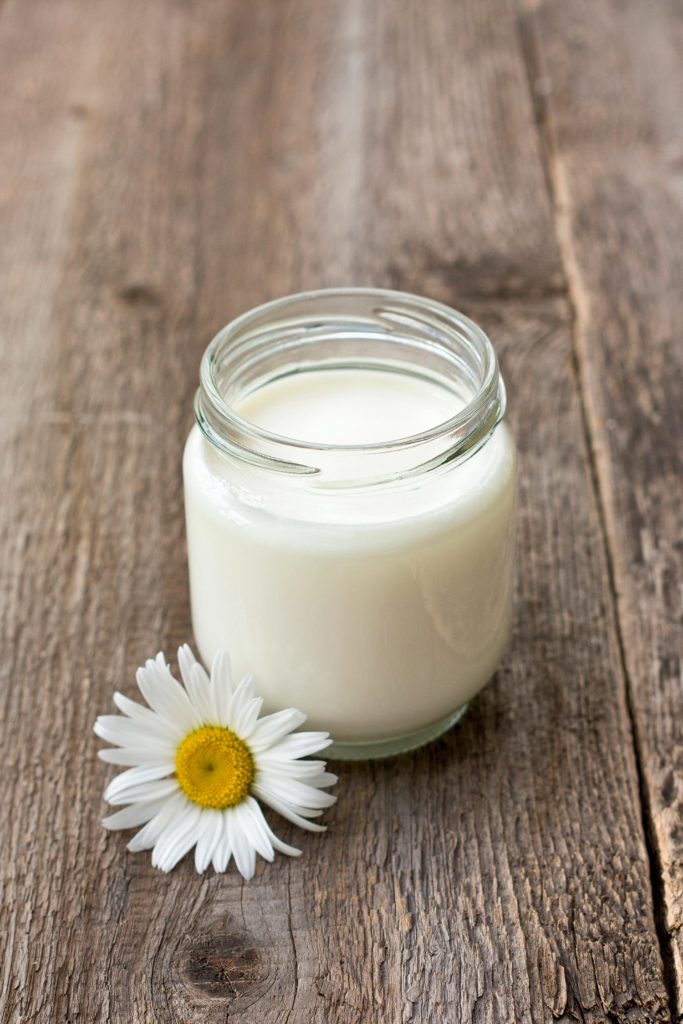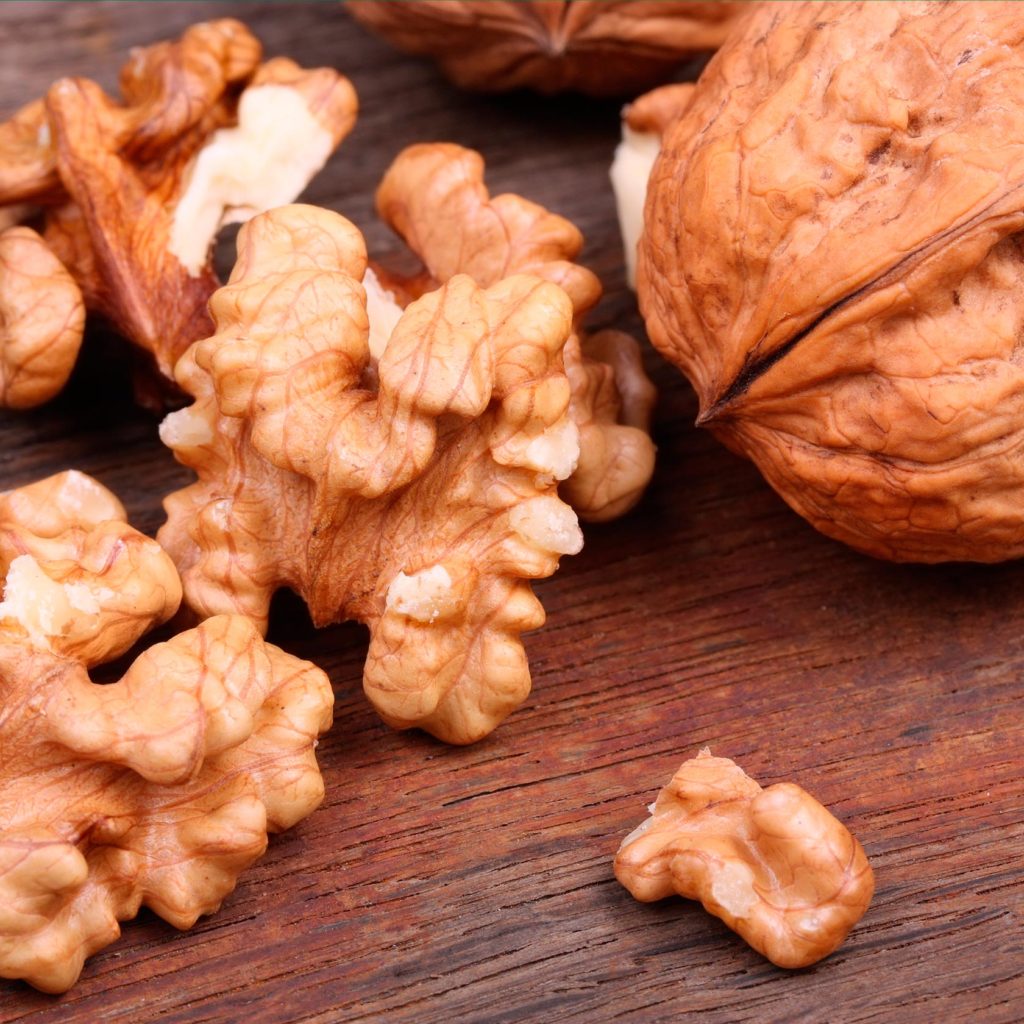Healthy Food
8 nutrients you need to stay healthy on a vegan diet
Are you trying to incorporate more plants-based meals into your diet? Or are you giving Veganuary a go and wondering about maintaining a vegan diet long-term?
Whatever the reasons, there’s no denying that the number of people following a vegan diet is on the rise. In fact, according to the Vegan Society, the number of plant-based eaters in the UK quadrupled between 2014 and 2018.
But just how do you ensure you receive all the right nutrients while on a vegan diet? Our senior health writer and resident vegan, Ellie Smith, explains some of the important nutrients to consider.
Vitamin B12

B12 has come to the fore in recent years, largely due to a number of experts voicing their concern that those living on a plant-based diet will not get enough from their diet.
Deficiency can take a number of months to appear, but too little B12 can result in fatigue, anaemia and nerve damage. Research also shows that a lack of B12 can increase levels of an amino acid called homocysteine, which is a risk factor for cardiovascular disease.
Most people get their B12 from animal products, but reliable vegan sources include fortified foods, such as plant milks and yoghurts, breakfast cereals, and yeast extracts such as Marmite and nutritional yeast.
The British Dietetic Association (BDA) recommends eating fortified foods at least twice a day (aiming for 3mcg daily) or taking a supplement (10 mcg daily or 200 mcg weekly).
Calcium
Calcium, along with weight-bearing exercise, is essential for strong bones.
If you’re not eating dairy (traditionally a source of calcium in the UK), you’ll need to obtain this mineral from elsewhere. Once again, fortified foods (such as plant milks) are a good, convenient source. Other sources include dried fruit, nuts, leafy greens, pulses, sesame seeds and tofu.
The BDA recommends that we all (vegans and omnivores included) require about 700mg per day to protect against weakening bones. It’s possible to supplement calcium, but there are health risks associated with excessive levels. If, on average, you eat two portions of calcium-rich foods a day, you may only need to supplement a third of your RDA.
Essential fatty acids

Omega-3 fats support optimal heart, brain, joint and eye health. There are three types of omega-3 fasts that we need to be mindful of. These are:
- ALA – abundant in plant foods, such as walnut, flaxseeds, hemp seeds, chia and soya products
- DHA
- EPA
Our bodies can produce DHA and EPA fats from the ALA fats in our diet. While EPA conversion is efficient, we’d need huge amounts of ALA in our diet to product optimum amounts of DHA. DHA plays an essential role in brain function and oily fish is a popular source for omnivores.
Vegans can supplement DHA with algae capsules, with a recommended dose of 200-300mg daily.
Find out more about omega-3 in our special podcast episode
Iron
If you’re eating a varied, vegan diet, you shouldn’t be too concerned when it comes to iron as it’s plentiful in most plant-based foods.
But if you have trouble absorbing plant iron and feel your iron stores may be low (symptoms include fatigue, breathlessness, heart palpitations and pale skin), ask your GP for a blood test.
Protein
Protein is made up of building blocks called amino acids – some of these are essential meaning our bodies can’t make them and we need to get them from our diet. While animal proteins contain the complete mix of essential amino acids, this isn’t the case for all plant proteins.
Soya, quinoa and hemp are plant foods that contain the full amino acid profile, but as long as we’re eating a mixture of plant proteins, we’ll be getting the essential amino acids we need.
Zinc
Like iron, zinc is available in plant foods, but can be difficult to absorb. This is because plant foods, such as wholegrains and beans, contain phytates that hinder its absorption.
Plant-based sources of zinc include fermented tempeh and miso, beans (rinsed before cooking to increase zinc absorption), wholegrains, nuts, seeds and fortified products.
Iodine
Iodine is mainly found in dairy and fish, and helps to protect thyroid function and fertility.
Plants contain iodine if they’re grown in iodine-rich soil, but this can be an unreliable source. The BDA recommends that iodised salt and seaweed can be helpful, but not to overdo it as an excess of iodine is unhealthy.
Choline
Choline helps transfer signals between nerve cells. Vegans can maintain levels with soya products, cruciferous veg, beans, mushrooms, quinoa and peanuts so there’s no need to supplement if you eat plenty of these.





